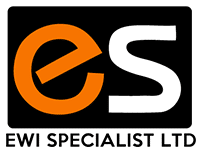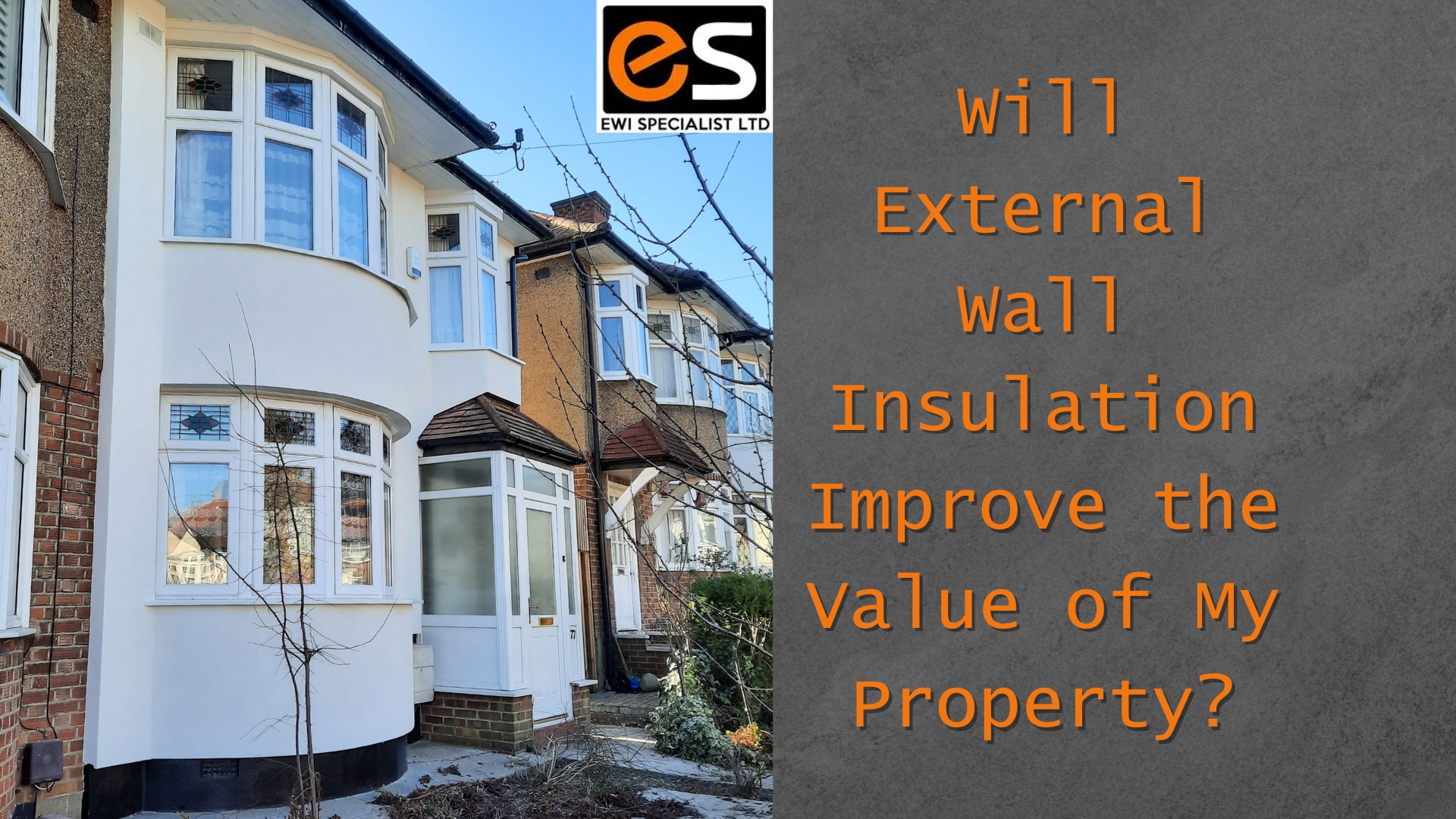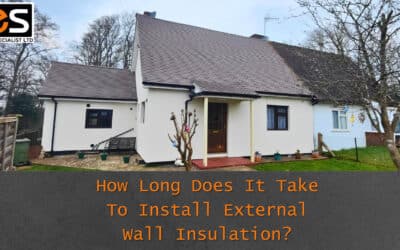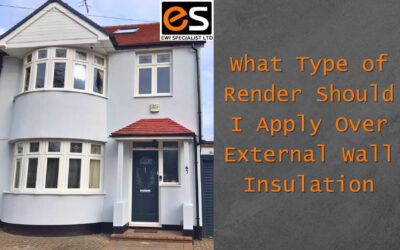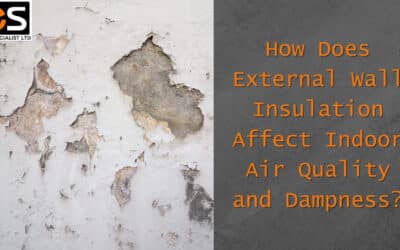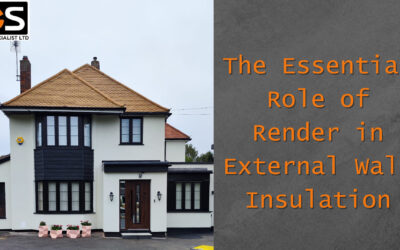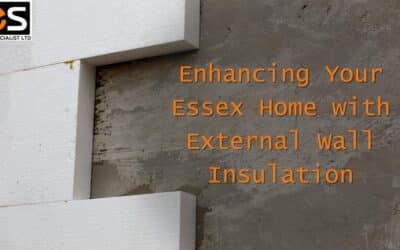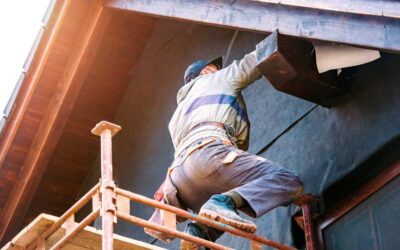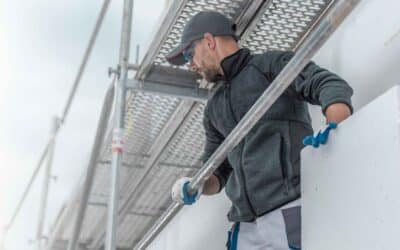Will EWI improve the Value of My Property? In the realm of home improvement in the UK, External Wall Insulation (EWI) has emerged as a key player, garnering attention for its potential to enhance both comfort and energy efficiency. As more homeowners seek ways to reduce energy bills and increase living comfort, the question of how such investments affect property value becomes increasingly pertinent. EWI, a method of applying insulation to the exterior of buildings, not only promises to keep homes warmer during the chilly British winters and cooler in the summer but also sparks a significant interest in its impact on property value.
With the surge in home improvement in the UK trends, understanding the tangible benefits of External Wall Insulation on the market worth of properties is crucial for those looking to invest wisely in their homes.
This blog explores the relationship between EWI and property value, offering insights for homeowners contemplating this modern insulation solution.
Content Page
- Benefits Of External Wall Insulation
- Will EWI Improve the Value of My Property?
- External Wall Insulation and ROI
Benefits Of External Wall Insulation
EWI is revolutionising the way we insulate our homes in the UK, offering far-reaching benefits that extend beyond mere aesthetics. This sophisticated insulation solution wraps the exterior of a property in a thermal blanket, significantly curbing heat loss. Here’s how external wall insulation stands out in enhancing both the energy efficiency and comfort of your home:
Key Benefits of EWI
Energy Efficiency
Reduced Heat Loss: By insulating the external walls, EWI drastically cuts down the amount of heat escaping your home, keeping it warmer in the winter and cooler in the summer.
Lower Energy Bills: With the need for less heating and cooling, homeowners enjoy substantial savings on energy costs, making EWI a smart financial decision.
Sustainability: EWI contributes to a lower carbon footprint, supporting the UK’s push towards greener, more sustainable living environments.
Home Comfort
Uniform Indoor Temperature: EWI eliminates cold spots and drafts, maintaining a stable and comfortable temperature throughout your home.
Sound Insulation: The added layer of insulation provides a barrier against external noise, contributing to a quieter, more serene indoor atmosphere.
Damp and Mould Prevention: By keeping external walls warmer, EWI reduces the risk of condensation, which in turn prevents dampness and mould growth, ensuring a healthier living space.
Incorporating EWI into your property not only promises a significant improvement in energy efficiency and utility cost savings but also enhances overall living comfort. For those considering an upgrade, EWI presents an opportunity to invest in a solution that delivers both immediate and long-term benefits.
Will EWI Improve the Value of My Property?
In the ever-evolving UK housing market, homeowners constantly seek ways to enhance their property’s value and appeal. External wall insulation emerges as a compelling investment, offering benefits that extend well beyond thermal efficiency.
Let’s delve into how EWI can significantly impact your property’s marketability and value.
Enhancing Curb Appeal with EWI
EWI is not just about insulating your home; it’s a transformative makeover for the exterior. The EWI curb appeal factor plays a pivotal role here. With a range of finishes and colours available, EWI can refresh and modernise the appearance of any home, making it stand out in the neighbourhood. This visual uplift not only makes your property more attractive to potential buyers but can also instil a sense of pride in homeownership.
EWI as an Investment to Increase Property Value
The question of “Does EWI add house value?” is met with a resounding yes. Installing EWI is seen as a value-adding EWI investment, enhancing the property’s energy efficiency, which is increasingly prioritised by today’s eco-conscious buyers. A more energy-efficient home typically commands a higher price on the market, reflecting the demand for properties that promise lower running costs and a smaller carbon footprint. Moreover, the improved comfort and aesthetic appeal directly contribute to an “increase in property value” post-installation.
In the current UK housing landscape, EWI stands out as a wise choice for homeowners looking to boost their property’s value while making it more energy-efficient and visually appealing. Investing in EWI not only promises immediate benefits in terms of energy savings and aesthetics but also positions your property as a more attractive proposition for future sale.
External Wall Insulation and ROI
Understanding the financial implications of External Wall Insulation is crucial for UK homeowners contemplating this upgrade. Let’s break down the EWI costs and explore its return on investment (ROI), focusing on energy savings and potential increases in market value.
Breaking Down EWI Costs
The initial outlay for installing EWI can vary widely, depending on factors such as property size and the specific system chosen. On average, homeowners might expect to invest from a few thousand pounds for a terraced house to potentially more for a detached property. This cost includes materials, labour, and any necessary scaffolding or site preparations.
Analysing ROI through Energy Savings
One of the most immediate returns from EWI is in the form of energy savings. By significantly reducing heat loss, EWI can lower heating bills by up to £255 annually for a detached home, according to the Energy Saving Trust. Over time, these savings can substantially offset the initial cost of installation, contributing to a compelling ROI.
Potential Market Value Increase
Beyond energy savings, EWI can enhance a property’s appeal to potential buyers, thereby increasing its market value. An energy-efficient, visually appealing home is more attractive in the competitive UK housing market, potentially fetching a higher sale price. This aspect of ROI, while harder to quantify than energy savings, is nonetheless significant, especially in an era where buyers are increasingly environmentally conscious.
In summary, external wall insulation represents a valuable home improvement that not only elevates your property’s energy efficiency and comfort but also has the potential to significantly enhance its market value. From boosting curb appeal to contributing to sustainability, the advantages of external wall insulation make it an investment worth considering for any UK homeowner looking to future-proof their property. The potential for energy savings and the appeal of a more energy-efficient home to prospective buyers can result in a noticeable increase in property value. As you weigh up the benefits of EWI, remember the importance of professional guidance.
We encourage you to reach out for an external wall insulation consultation with EWI Specialist. Our expertise can help you navigate the options and tailor an EWI solution that maximises your home’s value and appeal. Explore how EWI can transform your property into a more desirable, efficient, and valuable asset today.
